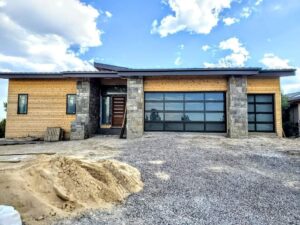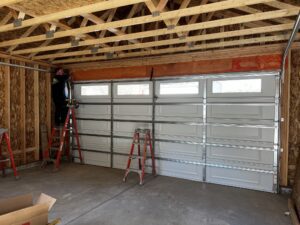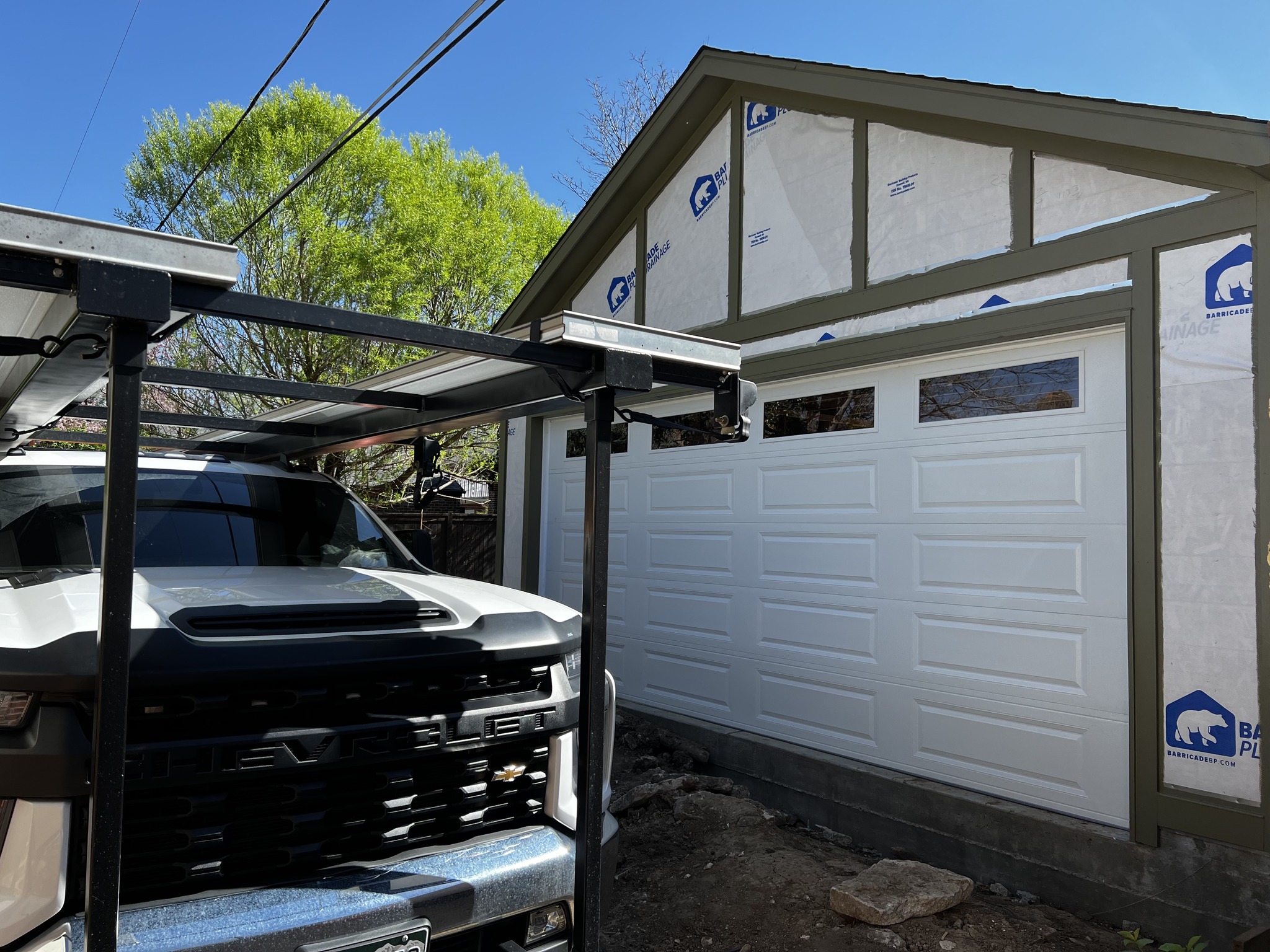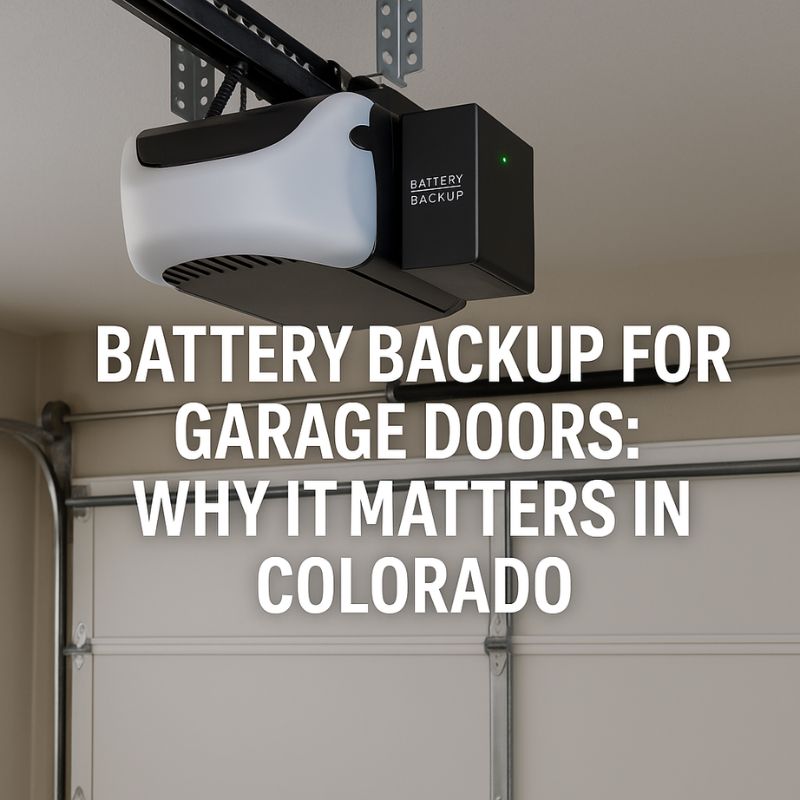Understanding the Lifespan of Your Garage Door: When Should You Plan for Replacement?
Wondering when it’s time to replace your garage door? You’re not alone. As Denver’s leading garage‑door specialists, Third Gen Garage Doors often answers this question. Use this guide to gauge your door’s lifespan and decide when replacement makes sense.
- The Average Lifespan of a Garage Door
- Signs Your Garage Door Needs Replacement
- How Denver’s Climate Affects Lifespan
The Average Lifespan of a Garage Door
With proper use and maintenance, most doors last 15–30 years. Actual life depends on material, local climate, usage frequency, and upkeep.
Materials and Typical Lifespans
Steel: Durable, low maintenance—up to 20 years.
Wood: Classic look, but needs more care—about 15 years.
Aluminum: Lightweight and rust‑resistant—20–25 years.
Signs Your Garage Door Needs Replacement
Even well‑maintained doors eventually wear out. Watch for:
- Excessive Noise — grinding, squealing, or banging can signal internal damage.
- Slow Response — doors that hesitate or move sluggishly may be struggling mechanically.
- Rising Repair Costs — when fixes pile up, replacement is often cheaper long‑term.
How Denver’s Climate Affects Lifespan
Temperature swings, snow, and ice accelerate wear—especially on wood. Regular maintenance (weather‑stripping, lubrication, inspections) helps combat Colorado’s extremes.
Maintenance Tips to Extend Life
- Lubricate rollers, hinges, and springs twice a year.
- Test door balance and opener safety sensors monthly.
- Inspect weather‑stripping and replace if cracked.
Knowing the average lifespan, spotting warning signs, and accounting for Denver’s climate all help you plan a timely replacement.
Need advice or a free estimate? Call 720‑694‑0418 or contact Third Gen Garage Doors. Our team can maintain, repair, or install a new door that boosts security and curb appeal.







